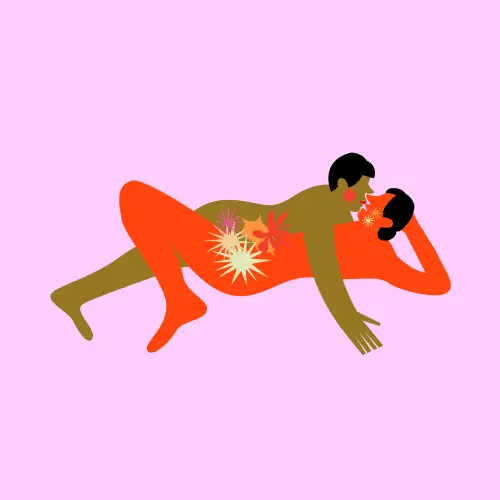Perimenopause and menopause: Navigating this transition with confidence
Perimenopause and menopause are not diseases, but natural and important life stages. This transition, marked by the end of menstrual cycles, is accompanied by hormonal changes that can affect one's quality of life.
It is essential to know that you do not have to suffer through the discomfort in silence. Effective and safe solutions exist to help you live this period fully and comfortably.
Understanding the stages: Perimenopause vs. Menopause
- Perimenopause: This is the transition period that can last for several years before menopause. The ovaries begin to produce less estrogen, which makes menstrual cycles irregular and can cause the first symptoms to appear.
- Menopause: It is officially confirmed after 12 consecutive months without menstruation. This is the point at which the ovaries stop releasing eggs.
The most common symptoms
Hormonal changes can cause a variety of symptoms, which vary greatly from one person to another.
- Vasomotor symptoms: The famous hot flashes and night sweats.
- Genitourinary symptoms: Vaginal dryness, which can cause discomfort or pain during sexual intercourse, and an increased risk of urinary tract infections.
- Other frequent symptoms: Sleep disturbances, mood swings, irritability, "brain fog," or a decrease in libido.
The solutions: Hormone therapy and its alternatives
Discussing your symptoms, discomforts, and fears with a professional is the first step to finding the options that are right for you.
Menopausal Hormone Therapy (MHT)
This is the most effective treatment for relieving the majority of symptoms. Long feared due to old studies, we now know that for most healthy women who start it before age 60, MHT is not only safe but beneficial for overall health.
The benefits of MHT include:
- Protection against osteoporosis (bone loss).
- A potential reduction in the risk of heart disease.
- An improvement in sleep, mood, and quality of life.
MHT is available in several forms (patches, gels, pills, vaginal options) to suit your needs.
Non-hormonal options
For those who cannot or do not want to take hormones, other prescription medications (like certain antidepressants) exist to help control hot flashes.
Your pharmacist: a partner to discuss with
Your pharmacist is an accessible ally for navigating this transition. We can:
- Listen: Discuss your symptoms and concerns in complete confidentiality.
- Advise: Explain the different forms of hormone therapy and recommend products for vaginal dryness.
- Collaborate: Work with your doctor to adjust your treatment and ensure optimal follow-up.
Trusted resources to learn more
- Menopause Quebec : The Quebec reference, with information, webinars, and support.
- Sex & U by the SOGC : Medical information from the Society of Obstetricians and Gynaecologists of Canada.
- The North American Menopause Society (NAMS) : A leading international reference site with very specialized information.



















